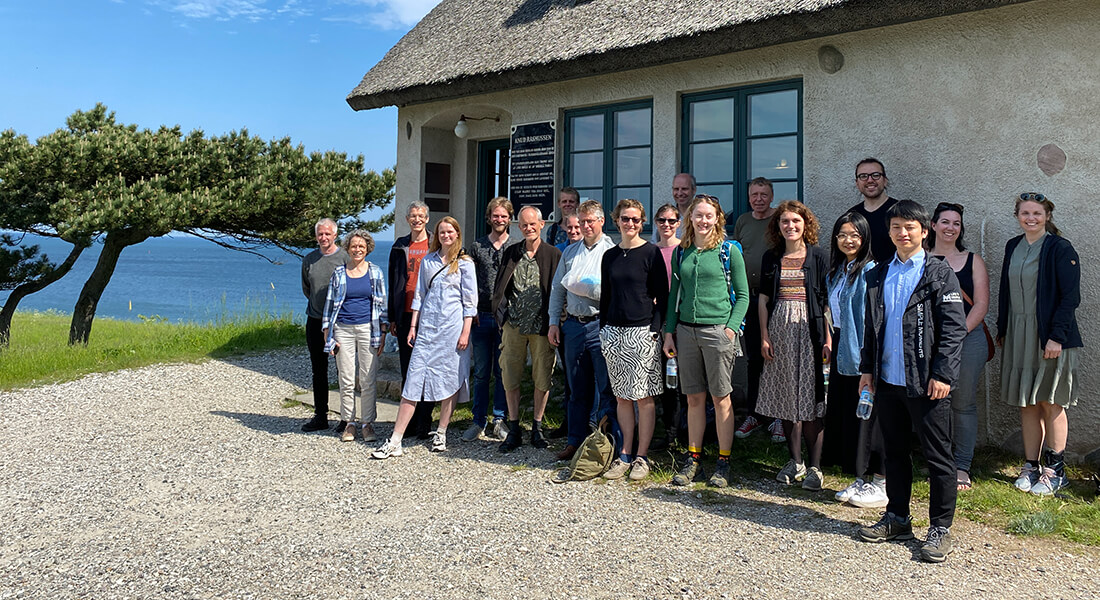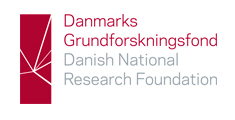About Center for Permafrost

CENPERM will continue until 2029 and mainly be active on Disko Island, West Greenland.
Project management is a critical component of Center for Permafrost (CENPERM), due to its large size, multi-disciplinary character and integrative approach. We have implemented a series of practical steps be implemented to optimize interactions within the project consortium.
The management of CENPERM is partly an internal hierarchical management structure and partly a more matrix-like management structure with external components due to the importance of independent projects (e.g. PAGE21, DEFROST and INTERACT), the funding agency (DNRF), groups of public interest and the CENPERM advisory board.
Directional Board
The directional board is responsible for scientific progress, recruitment, overall decisions with respect to external components and regular evaluation, including regular meetings. The Directional Board consists of professors Bo Elberling (director), Anders Michelsen, Per Ambus, Anders Priemé, Riikka Rinnan and Guy Schurgers and the CENPERM administrator, Karen Bjerre. The board meets regularly to discuss and take all final decisions with respect to major research questions, economy, and staff members. Director Bo Elberling will take any final decisions regarding CENPERM. In his absence, Professor Anders Michelsen serves as Executive Director.
CENPERM staff
CENPERM consists of national and international associated persons: Permanent staff at University of Copenhagen, postdocs, PhD and master students (also the ones associated with collaborating project like PAGE21 and DEFROST), technical staff and visiting collaborators. All staff and students are located at the center at Department of Geosciences and Natural Resource Management, University of Copenhagen. See staff list.
Advisory Board
Once a year, the directional board meets with the four international members of our advisory board to ensure progress and seek advice on major decisions. The advisory board consists of Drs James M. Tiedje, Michigan State Univcersity, Vladimir E. Romanovsky, University of Alaska Fairbanks, Ted (Edward) Schuur, University of Florida, and Paul Grogan, Queens University, Ontario. The board provides a critical review of the science progress, guidelines for improvements and specific advices based on an annual report and our scientific publications.
Other projects and networks
The external components also include all collaborating persons, projects and networks. Coordination activities are aimed at enhancing communication, focussing scientific discussions, optimizing field work and synchronizing the iterative development of field validation data with model setup and parameterization.

